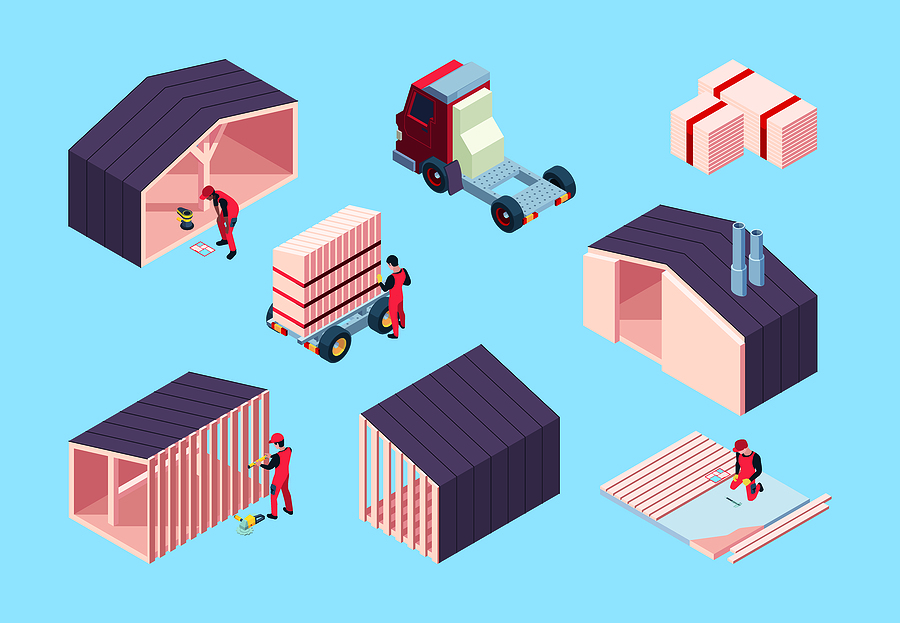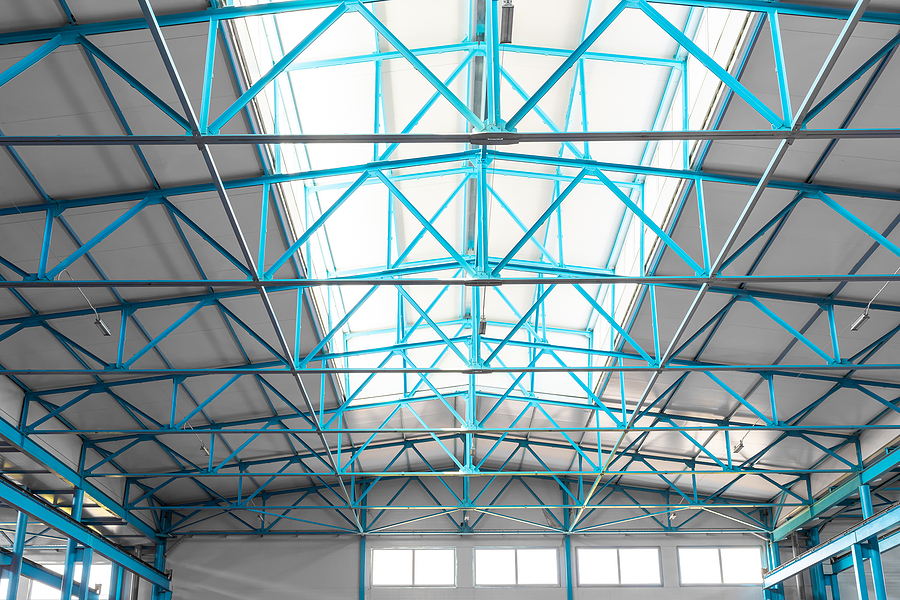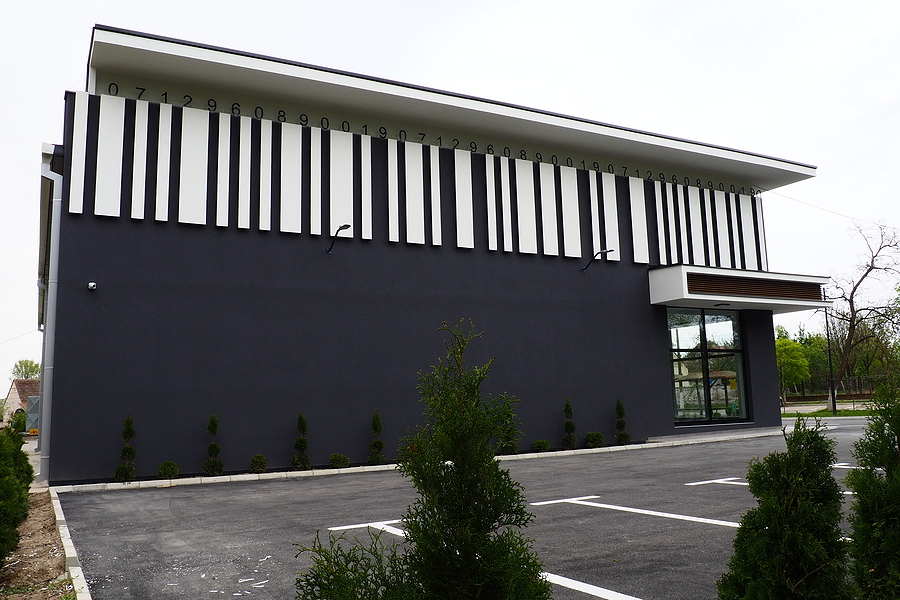
Find Modular Building Near You
Modular Buildings Buyer’s Guide
Modular buildings, also known as prefabricated buildings, are increasingly popular due to their cost-effectiveness, flexibility, and speed of construction. If you’re thinking of investing in one, this guide will help you make an informed choice. Here are some factors to consider when buying modular buildings:
- Purpose: First, identify the purpose of your modular building. Are you looking for a temporary office space, a permanent residential home, a school building, or a healthcare facility? The purpose will largely determine the type of modular building you should choose, as different designs are suitable for different uses.
- Size and Design: Based on your needs, consider the size and design of the modular building. Look at the floor plans, number of rooms, and overall layout. Think about future growth as well; modular buildings offer the advantage of being expandable, so you can add more modules as needed.
- Quality and Construction Standards: Ensure that your modular building complies with all relevant local and national building codes. Quality can vary among manufacturers, so it’s crucial to research the construction process, materials used, and quality control measures. Visiting the manufacturing facility, if possible, can provide valuable insights into their construction practices.
- Energy Efficiency: Look for a modular building with good insulation and energy-efficient features. This will not only reduce your environmental footprint but also save you money in the long run by cutting down on energy costs.
- Manufacturer Reputation: Always check the reputation of the modular building company. Look for customer reviews, case studies, and any industry recognitions. Also, check how long the company has been in business; experience often correlates with quality and reliability.
- Customization Options: Many modular building companies offer customizable designs. If you want a specific layout, aesthetic, or functionality, see if these can be accommodated. However, remember that customizations can add to the cost and timeline of the project.
- Warranty: Like any significant investment, you’ll want a warranty. What does the manufacturer’s warranty cover, and for how long? This is crucial in the event of any defects or problems down the line.
- Cost: Price is a major factor to consider. While modular buildings are generally cost-effective, prices can vary widely based on the size, design, and any customizations. Make sure to factor in the cost of site preparation, delivery, and assembly as well.
- Installation and Delivery: Find out what the delivery and installation process involves. Will the company take care of this for you, or will you need to hire a separate contractor? Also, ensure that your site is accessible and suitable for a modular building.
- After-Sale Service: After-sale service can be just as important as the purchase itself. Does the company offer maintenance or repair services? Can they help with any future modifications or expansions?

Remember that purchasing a modular building is a significant investment, so take your time in choosing the right one for your needs. Make sure to weigh all the factors listed above to make the best choice for your situation.
Connect With Modular Building Manufactures Near You
From California to New York in every state in between, we partnered with thousands of affiliates and manufacturers to help you find the absolute best price on a high-quality modular building. Let us help you connect with a modular building manufacturers near you.
Resources and FAQ’s
We’ve done the homework to help you make an educated by decision. Do you have questions and we have answers. Choose from several options below:
Advantages and Disadvantages of Modular Buildings
How Much Do Modular Buildings Cost?
What are the Types of Modular Buildings?
Best Modular Buildings: A Review of Manufacturers
Temporary vs Permanent Modular Buildings
Lease vs Buying Modular Buildings

Modular Buildings 101
A modular building, also known as a prefabricated building, is a type of structure that’s constructed off-site in modules, or sections, under factory conditions. These individual modules are then transported to the construction site and assembled to form a complete building.
The process of building in a factory-controlled environment has numerous advantages, including:
- Speed: Because the modules are built in a factory concurrently with the site and foundation work, projects can be completed in a significantly shorter time than traditional construction methods.
- Quality Control: Construction in a factory setting allows for more consistent quality due to uniform building processes, trained staff, and inspections taking place at each stage of the construction process.
- Reduced Waste: Building in a controlled environment allows for more accurate construction, which reduces the waste produced during the building process.
- Cost-Efficiency: The efficiency of the process and the reduced waste can result in cost savings, which can be passed on to the customer.
- Flexibility: Modular buildings can be customized, extended, reconfigured, or even relocated to meet changing needs.
Modular buildings are used in a variety of sectors including residential, educational, healthcare, and commercial. They can serve a multitude of purposes such as homes, classrooms, office buildings, hospitals, and more. Despite misconceptions, modern modular buildings can be designed to the same aesthetic standard as traditionally built structures and can range from simple, functional designs to architecturally complex and innovative structures.
Additional Items to Consider When Investing in Modular Buildings
Absolutely! Let’s expand on this Modular Buildings Buyer’s Guide by adding more in-depth factors to consider, including advanced topics and key aspects to consider post-purchase:
- Sustainability and Eco-friendliness: If environmental impact is a concern, look into the manufacturer’s practices around sustainability. Are the materials sourced responsibly? Is the production process designed to minimize waste? Some modular building manufacturers also offer features like solar panels, green roofs, and rainwater harvesting systems.
- Longevity and Durability: Modular buildings can be just as durable as traditional buildings, if not more so. Look into the expected lifespan of the building, and ask about any maintenance required to keep it in good condition. The building should be able to withstand local weather conditions, including wind, rain, snow, and extreme temperatures.
- Financing Options: Check what kind of financing options are available. Some modular building manufacturers offer their own financing plans, while others may partner with financial institutions. Compare interest rates, terms and conditions, and ensure they fit your budget.
- Accessibility Features: If you need a building that’s accessible to people with disabilities, make sure this is taken into account in the design. This might include wheelchair ramps, wider doorways, lower countertops, and other accessible features.
- Safety and Security Features: Depending on the purpose of the building, you might require specific safety and security features. This could include fire-resistant materials, security cameras, alarm systems, or reinforced doors and windows.
- Insurance: You’ll want to ensure your modular building is fully insured, both during transport and once it’s installed. Check what insurance the manufacturer provides, and look into any additional insurance you might need.
- Disassembly and Relocation: One of the advantages of modular buildings is their ability to be disassembled and relocated. If there’s a chance you’ll want to move the building in the future, ask about the process and costs involved.
- Resale Value: If you plan to sell the modular building in the future, consider its potential resale value. Factors that can affect this include the quality and durability of the construction, the reputation of the manufacturer, and the building’s energy efficiency and sustainability features.
- Integration with Existing Structures: If you’re adding the modular building to an existing property, consider how it will integrate with any existing structures. This might affect the design and layout of the building, as well as the site preparation required.
- Legal and Zoning Considerations: Before finalizing your purchase, ensure that you’re familiar with any legal or zoning restrictions that might apply. This could include building codes, zoning laws, and homeowner association rules.

Modular buildings can offer a fantastic solution for a wide range of needs, from temporary accommodations to permanent homes and offices. With the right research and preparation, you can ensure that you choose a modular building that fits your needs and offers excellent value for money.
